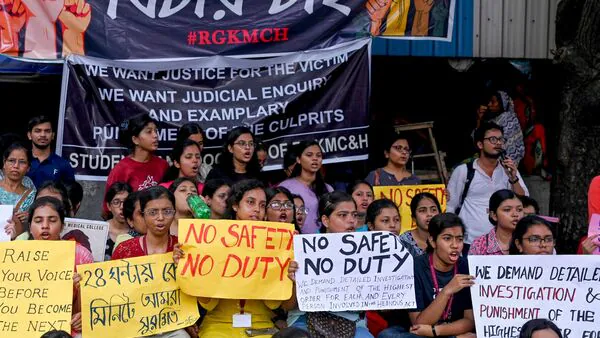Mpox, formerly known as monkeypox, is a viral infection caused by the mpox virus (MPXV). Since 2022, the World Health Organization (WHO) has reported at least 99,176 cases and 208 deaths due to mpox across 116 countries. On Wednesday, WHO sounded its highest alarm by declaring mpox a Public Health Emergency of International Concern (PHEIC) for the second time in two years. This decision follows an alarming surge in cases reported from the Democratic Republic of Congo (DRC) and its neighboring countries.
What is Mpox?
Mpox is a self-limiting viral infection that presents with symptoms like fever, headache, muscle aches, back pain, swollen lymph nodes, and pox-like rashes. While the disease is generally self-limiting, it can be fatal, particularly among children and immunocompromised individuals. Historically, mpox has predominantly affected people in endemic regions of Africa, but the virus has now spread globally, raising significant concerns.
The Rising Concern Around Mpox
The current concern centers on the spread of clade Ib of the MPXV, which is primarily transmitted through sexual contact. Unlike the clade Ia, which historically spread through zoonotic spillover events from animals to humans, clade Ib has shown a higher rate of human-to-human transmission. This clade is now responsible for over 100 cases in countries neighboring the DRC, including Burundi, Kenya, Rwanda, and Uganda—countries that have not previously reported mpox cases. The situation is worsening, with more than 15,600 cases and 537 deaths reported this year alone.
WHO Director-General Dr. Tedros Adhanom Ghebreyesus emphasized the need for a coordinated international response, stating, “The emergence of a new clade of mpox, its rapid spread in eastern DRC, and the reporting of cases in several neighboring countries are very worrying.”
Is India at Risk?
India is not immune to the risks posed by the mpox outbreak. The first case of the more contagious clade Ib mpox infection outside Africa was reported in Sweden, and with global travel, it’s only a matter of time before the virus spreads to other countries. During the 2022 global outbreak, India reported 27 laboratory-confirmed cases and one death, primarily from the less deadly clade II type. However, the new clade Ib poses a significant risk, especially with the potential for sexual transmission and rapid spread.
Professor Dimie Ogoina, Chair of the IHR Emergency Committee, warned that the current upsurge in Africa and the emergence of a new sexually transmissible strain of the virus is an emergency not just for Africa but for the entire globe. He urged decisive action to prevent history from repeating itself.
Are There Vaccines for Mpox?
Yes, there are at least two vaccines currently in use for mpox, recommended by the WHO’s Strategic Advisory Group of Experts on Immunization. Recently, WHO triggered an Emergency Use Listing for these vaccines to accelerate access in lower-income countries that have yet to issue national regulatory approval. This listing also enables organizations like GAVI and UNICEF to procure and distribute vaccines in these regions.
WHO is actively working with countries, vaccine manufacturers, and international partners to ensure equitable access to vaccines, therapeutics, diagnostics, and other tools to combat the spread of mpox.
Conclusion
With the WHO declaring mpox an emergency of international concern and the new clade Ib strain posing a significant threat, especially to countries like India, it’s imperative to stay informed and prepared. The global community must act swiftly to curb the spread and mitigate the impact of this emerging viral threat.
Sources: The Indian Express

